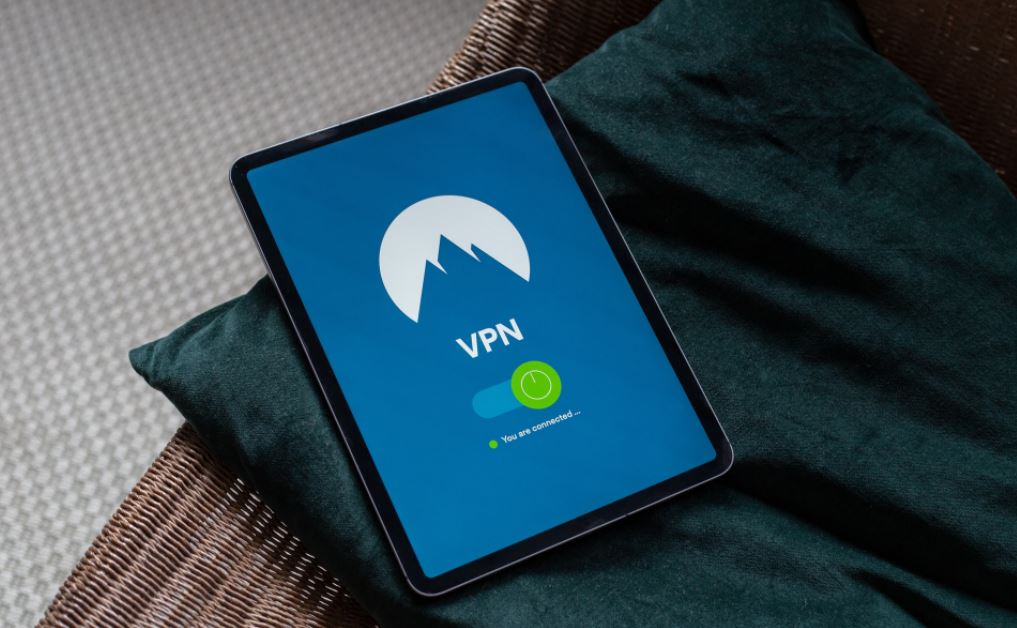VPN & Cybersecurity: Does It Really Protect Your Privacy?
With the digital population continuously growing as the years pass by, it gives cyber criminals more opportunities to commit crimes. Unfortunately, most people still do not use online security options, such as VPNs, to increase their security and privacy on the web. But despite the growing demand for this tool, many people are still hesitant to get one. So, the big question is, does VPN really protect your privacy?
If you’ve been thinking of getting a VPN but are unsure if it works, this article will help you learn and understand how it works and protects you online.
Web Security and VPN
First things first, a VPN or virtual private network is one of the best ways to safeguard your personal information and web activities online. It allows you to mask your real IP address by redirecting your internet traffic to different parts of the world and making it look like your device’s connection is from another country. It also encrypts the data going in and out of your network, making everything unreadable to anyone who tries to access this private information online.
Most activities performed in a secure website (HTTPS) are already encrypted one way or another, but some personal data still leaks despite this encryption. VPNs use strong encryption to ensure no web data and activities are tracked from your device. Think of a tunnel where all the information you enter, the websites you visit, and the files you download go through. This tunnel protects your data from going outside the security barrier, preventing cyber criminals, government officials, and other entities from snooping in your web data.
How VPNs Boost Cybersecurity?

Aside from accessing geo-restricted content, VPNs are mainly used for online protection. However, many people vaguely understand how VPN can improve cybersecurity. Here’s how it contributes to your security:
Secured Network
Whether you’re working remotely or frequently on coffee shops or libraries for free Wi-Fi, a VPN helps you secure your network from hackers and other cybercriminals. Most VPNs are easy to use, no matter your location and device. However, VPNs are created differently, so it’s better to use the best VPN for cybersecurity to ensure your online protection.
Reduced Online Tracking
Websites and ad networks track users’ browsing activities and collect information for their marketing profiles. Using a VPN prevents different types of tracking by masking your IP address. It is very beneficial for people who spend most of their time browsing various digital platforms because some of these sites or apps collect and share your information for and beyond marketing.
Hide Private Information and Web Activities
As mentioned earlier, anyone can easily access your data if you browse on an unsecured website. And even if you’re on a secured website, the encryption it provides is not strong enough to prevent data leaks. By using the best VPN for cybersecurity, you will have a stronger barrier to prevent your information and web history from being out in the open for cybercriminals to grab and use against you.
Safer Access to Cloud Services
Cloud-based services have become huge due to businesses using them for productivity and efficiency. However, it doesn’t stop cybercriminals from breaching and stealing your information. So, it’s best to install a VPN to ensure that every data on your cloud servers is safe and protected from any malicious breach attempts outside your network.
Limited Risk of Possible ISP Monitoring
Internet service providers (ISPs) can track and legally collect specific information about their customers. While some ISPs are transparent about the number of information they have on their clients, other unreliable ISPs may gather and exploit your personal data for other purposes. Using a VPN can limit this risk and prevent your ISP from monitoring and logging every activity and data you have via the internet.
How to Determine if a VPN Is Secure?
Selecting a VPN can be challenging, especially if you’re not familiar with any VPNs. While you may encounter different promises to keep you secured and protected online, most of these tools usually fall short of what you expect. Moreover, using an unsecured VPN may do you more harm than good. So, here are simple ways to determine if your VPN is secure.
Consider the Company’s Reputation
The company’s reputation will say a lot about their services. Doing simple research about a specific company can help you determine if they are facing any security issues. However, in some cases, companies address these issues and improve their security in some cases. But if there was no action at all, you might want to opt for a different VPN.
Check the Location of the Company’s Headquarters
Knowing the base or headquarters of a VPN is necessary to check if they are in agreement for data sharing and collection. For example, VPNs are subject to the Five Eyes Intelligence sharing arrangement in the United Kingdom, United States, Canada, New Zealand, and Australia. While if it’s in China, it is subject to government surveillance. It’s best to keep this vital information in mind before choosing a VPN.
Look into the logging policies
Other VPNs log their users’ online activities that anyone can trace back to them. This factor is a crucial matter that no VPN must ever have. So, make sure your chosen VPN does not have any logging policy that leaves you unprotected online.
Find Protective Security Features
Any VPN cannot 100% guarantee your online security, but it can add other features to strengthen your cybersecurity. These privacy features include the DNS leak protection that prevents your online data from routing to your ISP and a kill switch that disconnects your device from the internet if you lose your VPN connection. These amazing features will keep your browsing activities secured at all times, so it’s best to look for them before getting a VPN.
Conclusion
Having a VPN is an excellent way to keep your information safe online. However, you must practice proper caution in choosing a reliable VPN for cybersecurity. This way, you are at peace knowing you’re always safe from data exploitation and cybercriminals while browsing the web.




